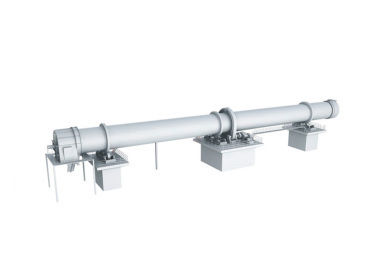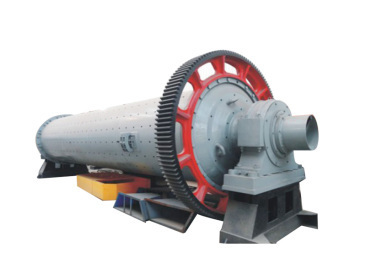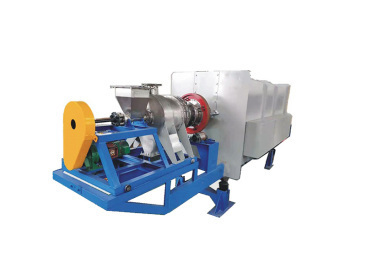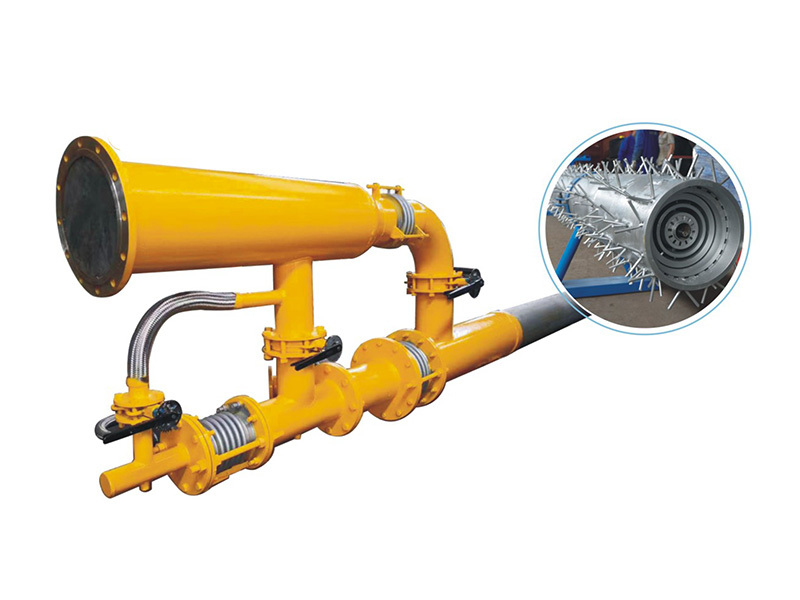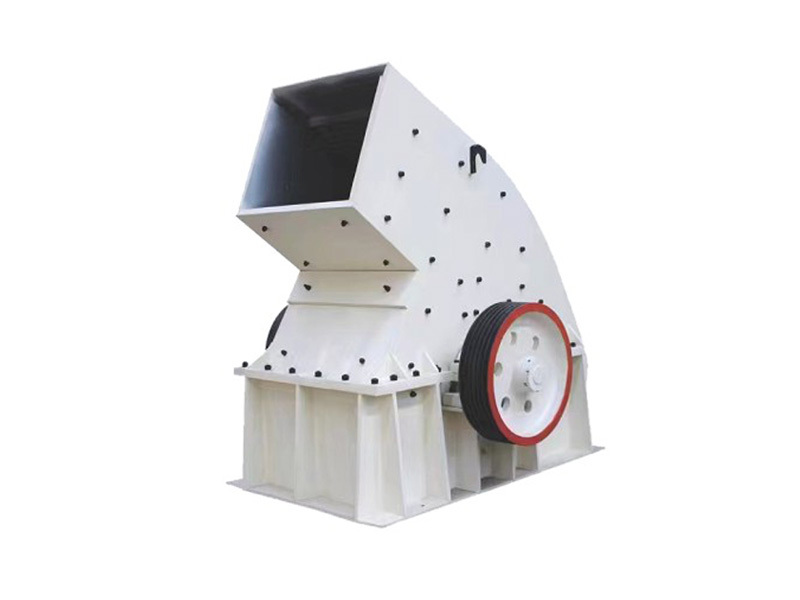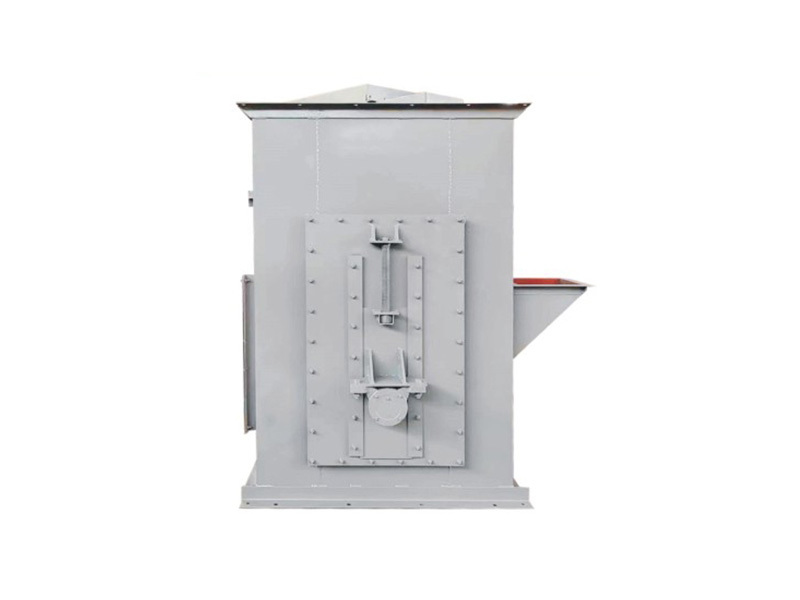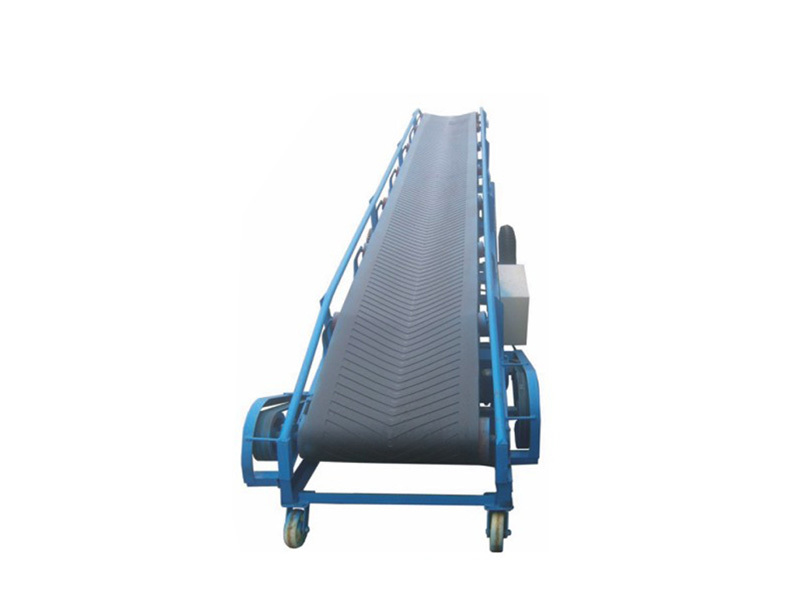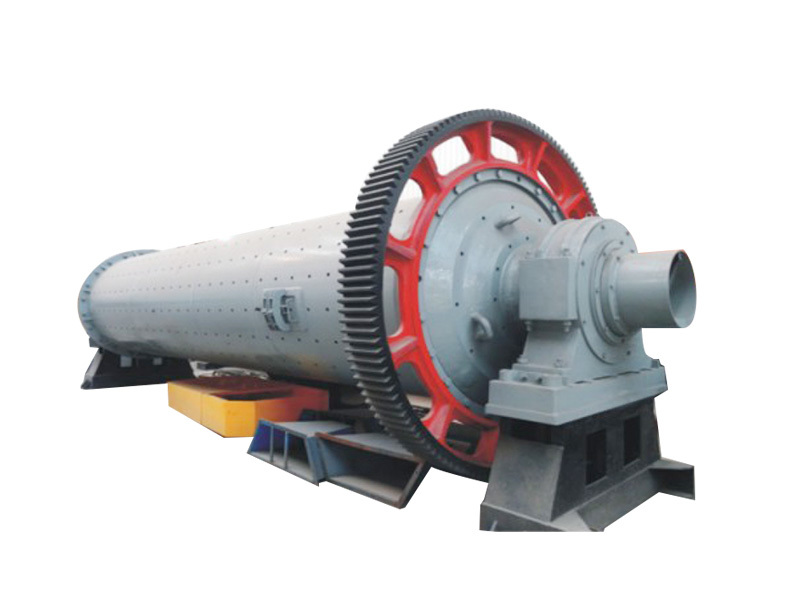Spotting the Right Supplier for Chemical Rotary Kiln Equipment: A Comprehensive Guide
Spotting the Right Supplier for Chemical Rotary Kiln Equipment
Table of Contents
Understanding Chemical Rotary Kiln Equipment
Importance of Selecting the Right Supplier
Key Criteria for Evaluating Suppliers
Assessing Supplier Credentials
Analyzing Supplier Reputation
Importance of Quality Certifications
Cost vs. Quality Analysis
Building a Strong Supplier Relat
Spotting the Right Supplier for Chemical Rotary Kiln Equipment
Table of Contents
- Understanding Chemical Rotary Kiln Equipment
- Importance of Selecting the Right Supplier
- Key Criteria for Evaluating Suppliers
- Assessing Supplier Credentials
- Analyzing Supplier Reputation
- Importance of Quality Certifications
- Cost vs. Quality Analysis
- Building a Strong Supplier Relationship
- Frequently Asked Questions
Understanding Chemical Rotary Kiln Equipment
Chemical rotary kilns are essential pieces of machinery in various manufacturing processes, particularly in the production of cement, lime, and other materials. These kilns operate at high temperatures, allowing for the efficient processing of raw materials. Understanding the workings and specifications of chemical rotary kilns is crucial for any business involved in manufacturing.
The effectiveness of these kilns largely depends on their design, materials, and technology used in construction. Investing in high-quality rotary kiln equipment can lead to improved efficiency, reduced energy consumption, and lower maintenance costs.
Importance of Selecting the Right Supplier
Choosing the right supplier for chemical rotary kiln equipment is a decision that can significantly impact your production capabilities and overall operational success. A reliable supplier ensures that you receive high-quality equipment that meets your specific needs. Here are several reasons why this decision is vital:
1. **Quality Assurance**: A reputable supplier provides equipment that adheres to industry standards, which minimizes the risk of breakdowns and enhances productivity.
2. **Technical Support**: Suppliers who offer excellent after-sales support can assist in troubleshooting and maintenance, which is essential for the longevity of the kiln.
3. **Cost-Effectiveness**: While the initial investment may be higher for some suppliers, the long-term savings from reduced maintenance and operational efficiency can justify the costs.
4. **Customization**: A good supplier will work with you to customize equipment to your specific production requirements, improving overall performance.
Key Criteria for Evaluating Suppliers
When assessing potential suppliers for chemical rotary kiln equipment, several key criteria should be taken into account:
Experience and Expertise
Evaluate the supplier's experience in the industry. A supplier with a long track record is likely to have the expertise necessary to provide quality equipment and services.
Product Range
Consider the variety of products the supplier offers. A supplier with a diverse range of rotary kilns can provide more options and flexibility to meet your specific needs.
Technological Innovation
Research the supplier's investment in technology. Suppliers who prioritize innovation are more likely to offer cutting-edge equipment that enhances productivity.
Customer Service and Support
Assess the level of customer service provided. A supplier that is responsive and helpful can make a significant difference in your experience.
Assessing Supplier Credentials
Once you have identified potential suppliers, it is crucial to verify their credentials. This includes:
Certifications
Look for industry-specific certifications that indicate compliance with quality and safety standards. ISO certifications, for example, demonstrate a commitment to quality management and continuous improvement.
Client References
Request references from past clients to gain insights into the supplier's reliability and performance. Speaking directly with other businesses can provide valuable information about their experiences.
Financial Stability
A supplier's financial stability is another critical factor. A financially sound supplier is less likely to encounter disruptions that could affect your orders or service.
Analyzing Supplier Reputation
The reputation of a supplier can offer insights into their reliability and quality of service. Consider the following methods to analyze a supplier's reputation:
Online Reviews and Testimonials
Check online platforms for reviews from previous customers. Positive testimonials can indicate a supplier's commitment to quality and service.
Industry Reputation
Research the supplier's standing within the industry. Suppliers respected by their peers are often more reliable and trustworthy.
Importance of Quality Certifications
Quality certifications are vital indicators of a supplier's commitment to producing high-quality equipment. Some key certifications to consider include:
ISO 9001
This certification indicates that the supplier has established a quality management system to ensure consistent quality in their products.
CE Marking
In European markets, CE marking signifies that the equipment meets safety, health, and environmental protection standards.
Cost vs. Quality Analysis
When selecting a supplier, it is essential to balance cost with quality. Lower-priced equipment may initially seem attractive, but it could lead to higher long-term costs due to maintenance and operational inefficiencies. Here are some considerations:
Long-Term Value
Consider the total cost of ownership, which includes initial purchase price, maintenance, and operational costs over the equipment's lifespan.
Warranty and Support
Evaluate the warranties offered by suppliers. A robust warranty can provide peace of mind and signifies the supplier's confidence in their product quality.
Building a Strong Supplier Relationship
Once you have selected a supplier, it is essential to foster a strong relationship. This can lead to mutual benefits, such as better pricing, priority service, and collaborative improvements. Consider the following strategies:
Effective Communication
Maintain open lines of communication. Regular check-ins can help address any potential issues before they escalate.
Feedback Loop
Provide constructive feedback on your experience with the supplier. This can help them improve their services and ensure your needs are met.
Frequently Asked Questions
What is a chemical rotary kiln?
A chemical rotary kiln is a cylindrical furnace that rotates as it processes materials at high temperatures. It is widely used in manufacturing processes like cement and lime production.
How do I know if a supplier is reliable?
Look for suppliers with positive customer reviews, industry certifications, and a solid track record of delivering quality products and services.
What certifications should I look for in a supplier?
Key certifications include ISO 9001 for quality management and CE marking for compliance with safety and environmental standards.
How can I assess the quality of rotary kiln equipment?
Evaluate the supplier’s reputation, request client references, and look for certifications that verify compliance with industry standards.
Is cost the only factor to consider when choosing a supplier?
No, while cost is important, quality, service, and the supplier’s reputation are equally crucial for ensuring long-term success.
Conclusion
Selecting the right supplier for chemical rotary kiln equipment is a multifaceted process that requires careful consideration of various factors, including quality, reputation, and support. By following the guidelines outlined in this article, businesses can make informed decisions that lead to improved operational efficiency and long-term success. Building strong relationships with suppliers not only fosters collaboration but also enhances the overall manufacturing experience. Prioritize quality and reliability, and position your business for sustained growth in the competitive landscape of manufacturing.
Recommend Content
Industrial Rotary Kilns: Key Factors for Optimal Performance in Material Processing
Industrial Rotary Kilns: Key Factors for Optimal Performance in Material Processing
Rotary kilns are a cornerstone in various industrial applications, particularly in the processing of materials such as cement, lime, and ceramics. The effectiveness and efficiency of these kilns significantly influence production output and operational costs. In this in-depth exploration, we will elucidate the **ke






